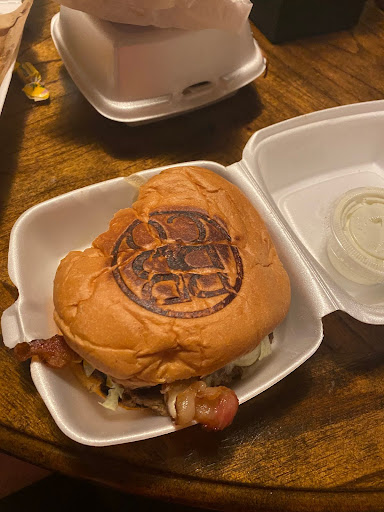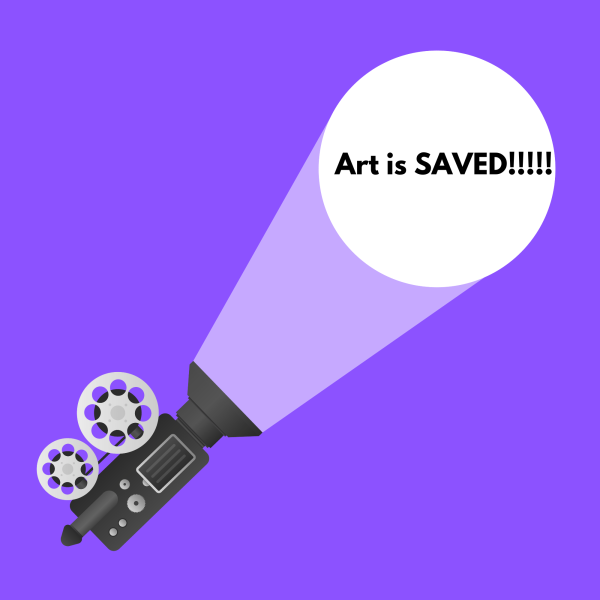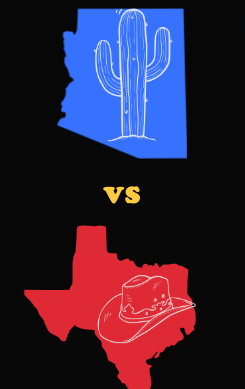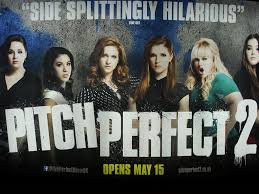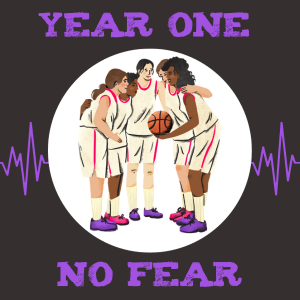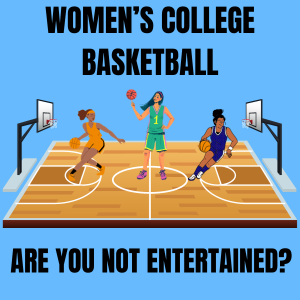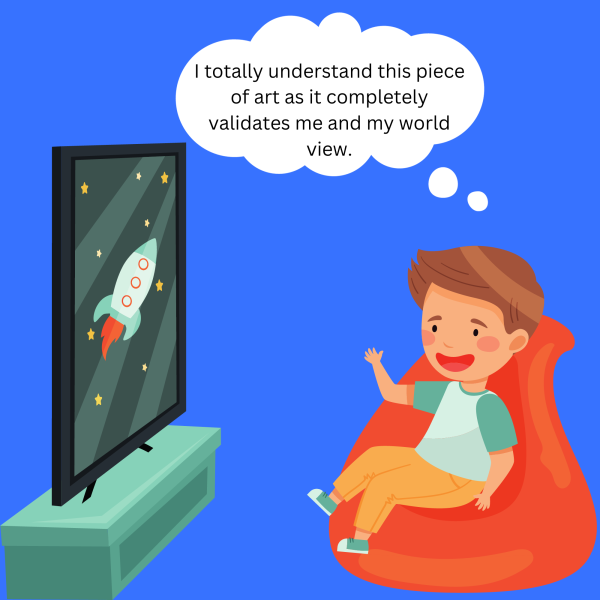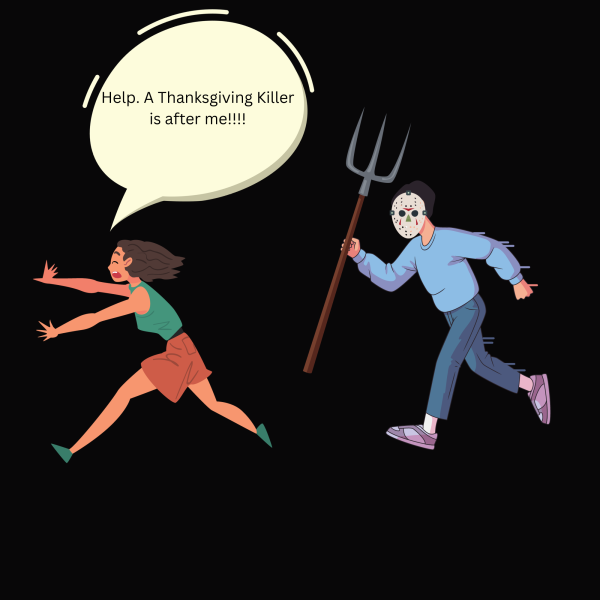Subverting Narrative and Why You Love It

March 24, 2020
Subverting Narrative, and Why You Love it.
How are stories typically told? The usual exposition, good vs evil, and a happy ending that wraps everything in a neat little bow. This way of telling stories is fine, it acts as escapism and tells us relatable stories through an admirably unrelatable way. Is it realistic though? When we really think about it, stories are usually designed to give closer, in reality, it’s not that simple. In a story the main character can be beaten down, go through the toughest time of their lives, and at the end of the day, you know they’ll have a happy ending.
In real life, there’s no such thing as a happy ending. Life is simply a series of highs and lows. We can’t get a “happy ending”, cause for us, it never ends. We sell ourselves on the idea that if you punch the right cards, and play by the rules, at the end of it all you get a prize, peace if you will. Now, telling stories that ignore reality is fine, again there is nothing wrong with escapism, but I find it so compelling when stories try to do more. That’s exactly what I want to talk about, stories that subvert narrative and become truly relatable.
One of the finest examples I can think of for “Subverting Narrative” is Netflix’s “Bojack Horseman”. Horseman follows a washed-up celebrity, who is constantly in a battle with himself. Horseman is depressed, self-destructive, and a crippling alcoholic. He’s by far not the most heroic or dashing protagonist, but he’s a relatable one. Horseman constantly struggles with the consequences of his own actions and his quite literal self-hatred. In the beginning, Horseman believes that publishing his memoir will bring him happiness, but it leaves him empty. He then believes playing his dream role and winning an oscar will make him happy, it too leaves him empty. Diane Nguyen, one of the show’s focus characters, said, “ That’s the trouble, isn’t it? You either know what you want and can’t get it, or you get what you want, then you don’t know what you want.” A common theme throughout “Bojack Horseman” is that life isn’t as simple as a half-hour sitcom episode. After the camera turns off, life keeps rolling, and unlike a story, you have to keep living with what you’ve done. Horseman, at times, is a terrible person. He’s destructive, he pushes people away and will go through incredible acts of sabotage for his own selfish needs. He says and does things he’ll regret, things he can never make right. But you have to keep going. All of these themes and Bojack Horseman still manages to blend comedy in with it.
Another recent theme in storytelling is the hyperbole of death. In reality, people die all the time. It is terrifying to think that at any moment we could die, and no one’s safe from it. Typically in a story, you might have one or two characters killed off, to raise the “stakes”, but you as the audience know it won’t get more serious than that. Recently, the media has had a tendency to completely throw the “don’t kill everyone” rule out the window, with shows like “Game of Thrones”. “Game of Thrones”, for example, introduces a plethora of main characters, to only kill them off, seasons later. To give a little perspective on this, 196 side or main characters were killed off, by the show’s sixth season. But why? Because we as an audience like to be surprised. It’s shocking when a character is killed off at random, especially one you connected with. It keeps us invested, draws us back in. How will the other characters react? Something about this twisted sense of reality keeps us watching.
What about a story that ties into other stories? The obvious example here is big movie franchises like the Marvel Cinematic Universe (MCU). When you watch a movie or read a book, you expect everything to be tied up in a neat little bow. But for some reason, we as an audience love it when we are left to wonder about certain things. We as a collective speculate and theorize and in some cases, that’s rewarded. For the most part, MCU movies are self-contained, the conflict and the arcs are usually wrapped up by the end of the film. However, would it be as successful if they all did not tie into one another? “Infinity War” is, easily, the most ambitious crossover event of the century, and it drew in millions of fans, from all over the globe. All because it played on the fact that everyone could relate to at least one character.
So what’s my point? I absolutely love it when stories are told differently. I relate so much more to stories when they try to bring themes that aren’t as romantic. There’s nothing wrong with stories trying to be an escape, but I think we all connect more when we relate. “Bojack Horseman” tells the story of a damaged man, who isn’t a hero. “Game of Thrones” tackles the real effects and spontaneousness of death. And the MCU shows us diversity, in a world that is always smaller than you imagine. I also think it’s safe to say that everyone agrees. “Bojack Horseman” has some of the top-rated episodes in TV history on IMDB. “Game of Thrones” got renewed for eight seasons and had a six million dollar budget per episode. And the MCU has grossed over 22.5 billion dollars in box office alone. We all love stories that subvert narrative.


